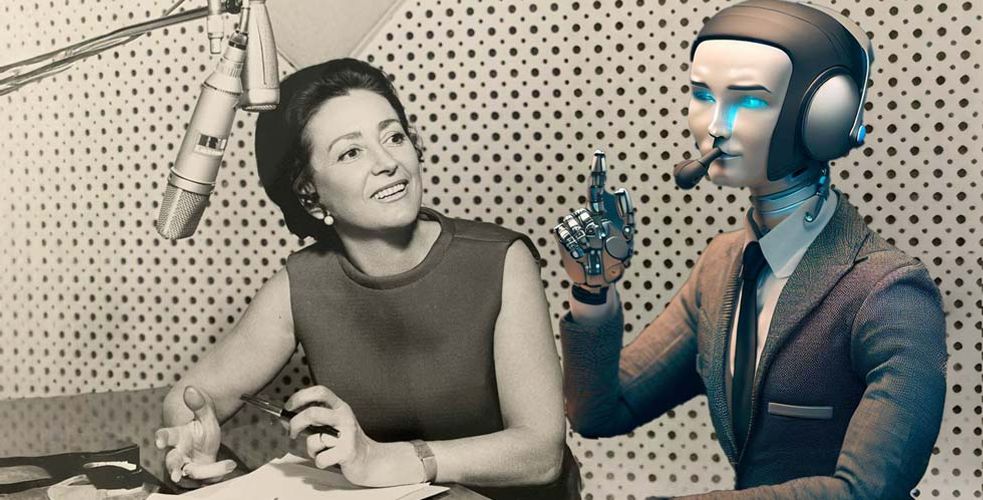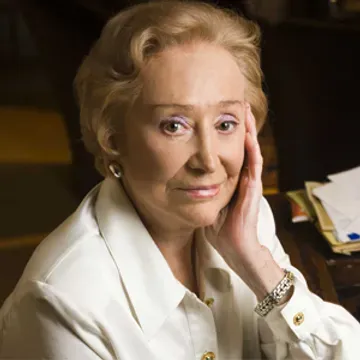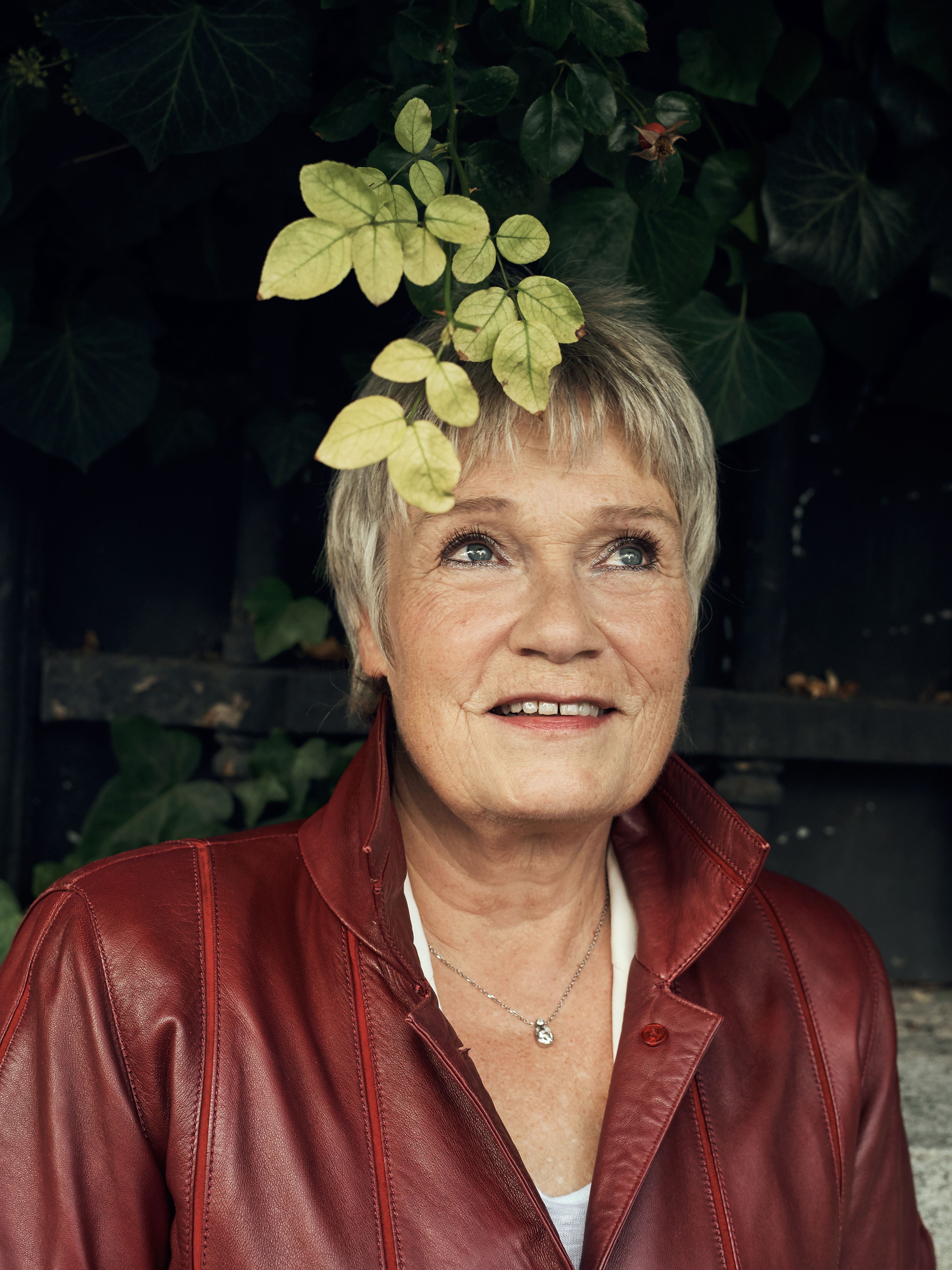Doctolib vs 1Life Healthcare. Ai agents to improve the patient experience ?

On France Inter on Tuesday 28 October, Stanislas Niox-Chateau announced the launch of an AI-based medical assistant, which will initially respond to parents. True or false, on a subject that concerns millions of families, when paediatricians are often harder to reach than the Carglass appointment service. Here's why.
The CEO of Doctolib mentioned an AI laboratory, where his team and the French Paediatric Society have developed a super assistant. Has a new Dr Raoult been born? And presto, no more need for Ritalin or Rhinatiol, Caroline Goldman consigned to oblivion? The project is underway but far from operational, according to our information.

Breaking news: ‘We are going to create an AI-based medical assistant that will answer your questions and support you on a daily basis.’ On France Inter yesterday, Tuesday 28 October, Stanislas Niox-Chateau, CEO of Doctolib, announced the upcoming launch of an ethical AI that will provide personalised responses to patients in the coming weeks. Parents will be the first users, with the aim of reducing anxiety about their children's health and avoiding fake news. And it will be free. The SFP, the French Paediatric Society, is said to have lent its support, as has the AFPA, the French association for outpatient paediatrics.
No factual information has been provided about the launch date, the price of this service, or the famous AI laboratory where all this would be designed and tested, despite the importance and significance of the subject. Alexandra Bensaid, the France Inter journalist who conducted the interview, apparently did not think to ask these questions. Perhaps she needed to give her interviewee time to give his opinion on the Zucman tax? Which he approves of. To date, there is no press release on the Doctolib website.
We contacted the French Paediatric Society and the National College of Midwives of France, but they did not respond to our requests for confirmation.
However, the AFPA (French Association of Ambulatory Paediatrics) confirmed to us, through its President, paediatrician Sandra Brancato, that Doctolib had asked "the association to provide hundreds of articles written by the association's paediatricians, which are a scientific source of verified content. This was done as part of a three-year cooperation agreement between them and us, which includes a financial component. The conversational assistant does not seem to be operational at the moment, but is in the beta testing phase. One of our members and paediatricians is participating in these tests. We are in discussions and have not yet reached agreement on other issues."
A key issue: limiting the involvement of pseudo-health professionals
The association already answers parents' questions on paediatric topics via a dedicated website, mpedia.fr. ‘But traffic is declining because patients are increasingly using Chat GPT,’ says Dr Brancato, adding that consultations will remain essential:
"Responding by telephone is very complicated because it inevitably takes time away from actual consultations. Families' anxiety is all the greater and proportional to the fake news circulating on social networks and in the media, which gives misleading messages, causes anxiety and leads to inappropriate care. If Doctolib manages to train its AI on sound, sourced paediatric scientific data, this will not eliminate the need for paediatric and medical consultations, but it may limit consultations with “pseudo” health professionals, whose harmful consequences are probably more dramatic at present than those of AI," said the AFPA president.
Talking to a paediatrician is more difficult than making an appointment at Carglass.
What the CEO of Doctolib has understood is that there is a real demand for dialogue between families, parents and millions of French people and their doctors, even more so when the family is worried. And that a voice that listens and responds in a personalised way is... the next big thing. After making it easier to book appointments, will a French company succeed where Amazon failed? In 2022, the company acquired One Medical*, which operates in the same field.

On RTL radio in the 1960s, a woman proved this and responded to listeners' anxieties and questions about love and sexuality. Will Stanislas resurrect Ménie Grégoire? The announcement that his Medical Assistant is now operational seems a little optimistic. To date, in France, only two conversational assistants exist and operate in the highly complex healthcare sector: the first is used to make dentist appointments, and the second is being trialled by a pharmaceutical distributor. However, it took thousands of conversations to train them and achieve an efficiency rate of around 92%.
‘This training phase is essential, as is the type of voice used and the quality of the response vocalisation system,’ says Volubile CEO Stéphanie Delestre, who set up the Dentalcall AI assistant. The founding partner of the company's CEO is Julien Ros, an experienced CTO who previously worked at Criteo: ‘If we want to respond to patients in a personalised way, access to health data poses very specific problems.’
Frédéric Donati, CEO of Comete.ai, which has recently implemented several chatbots for medium-sized companies, confirms the need to resolve these issues: ‘We have found that chatbots are more effective for calls lasting less than 30 seconds. Beyond that, the conversation begins to incorporate too many parameters. But this may change. The involvement of skilled engineers is essential.’
But after all, Michel-Edouard Leclerc, Professor Didier Raoult and Gabriel Zucman are or have been accustomed to making thunderous announcements without much scientific verification, causing great damage to those who made them.
*(..) While I was working on this book, Amazon bought 1Life Healthcare, better known as One Medical. This means that my doctor's office and all my related data, including that produced by the testing laboratories, now belong to Amazon. Dana Mattioli, in Amazon Confidential
Ménie Grégoire worked in radio until 1981 on Allo Ménie, a legendary programme in which she answered listeners' questions. She provided relief through active and empathetic listening. We often miss Ménie. Brigitte Lahaie replaced her with talent on RMC until 2016 in Lahaie, l'amour et vous.
What is true, however, is that Doctolib has developed and is selling an AI assistant to help doctors and osteopaths make appointments. Read here. €99 per month.



